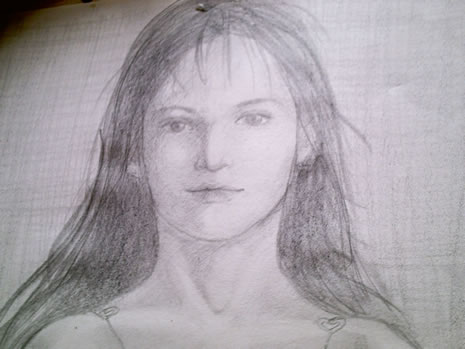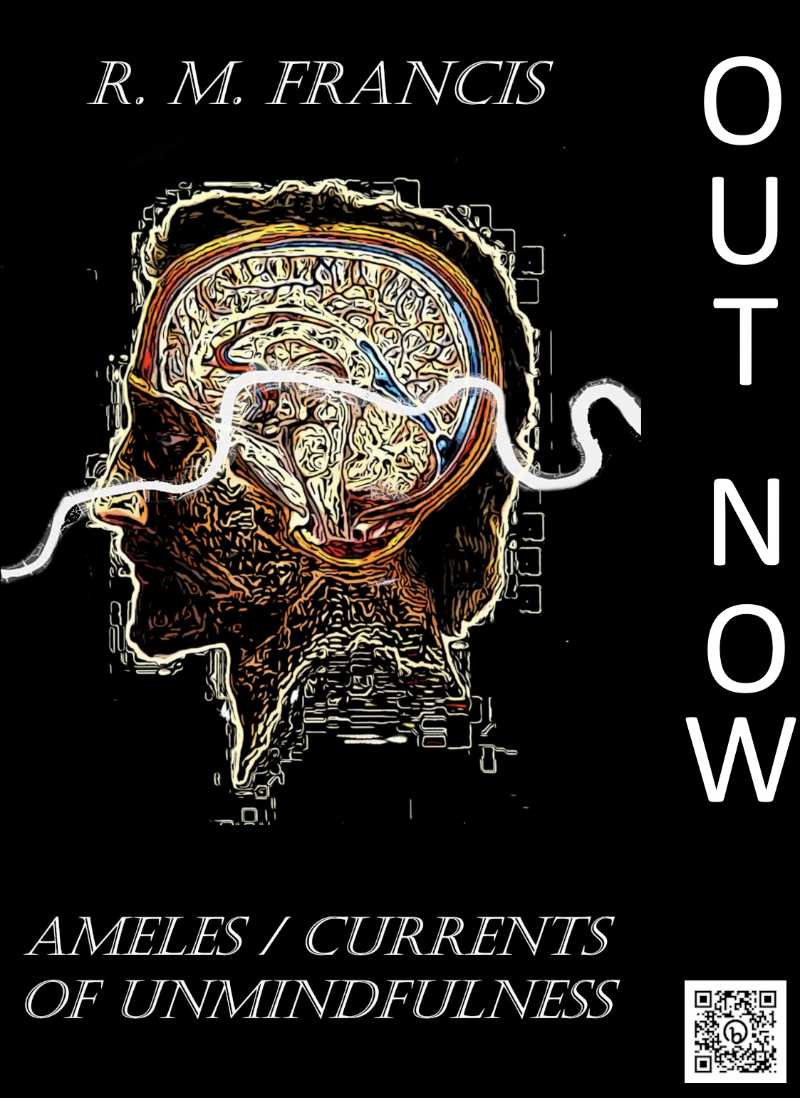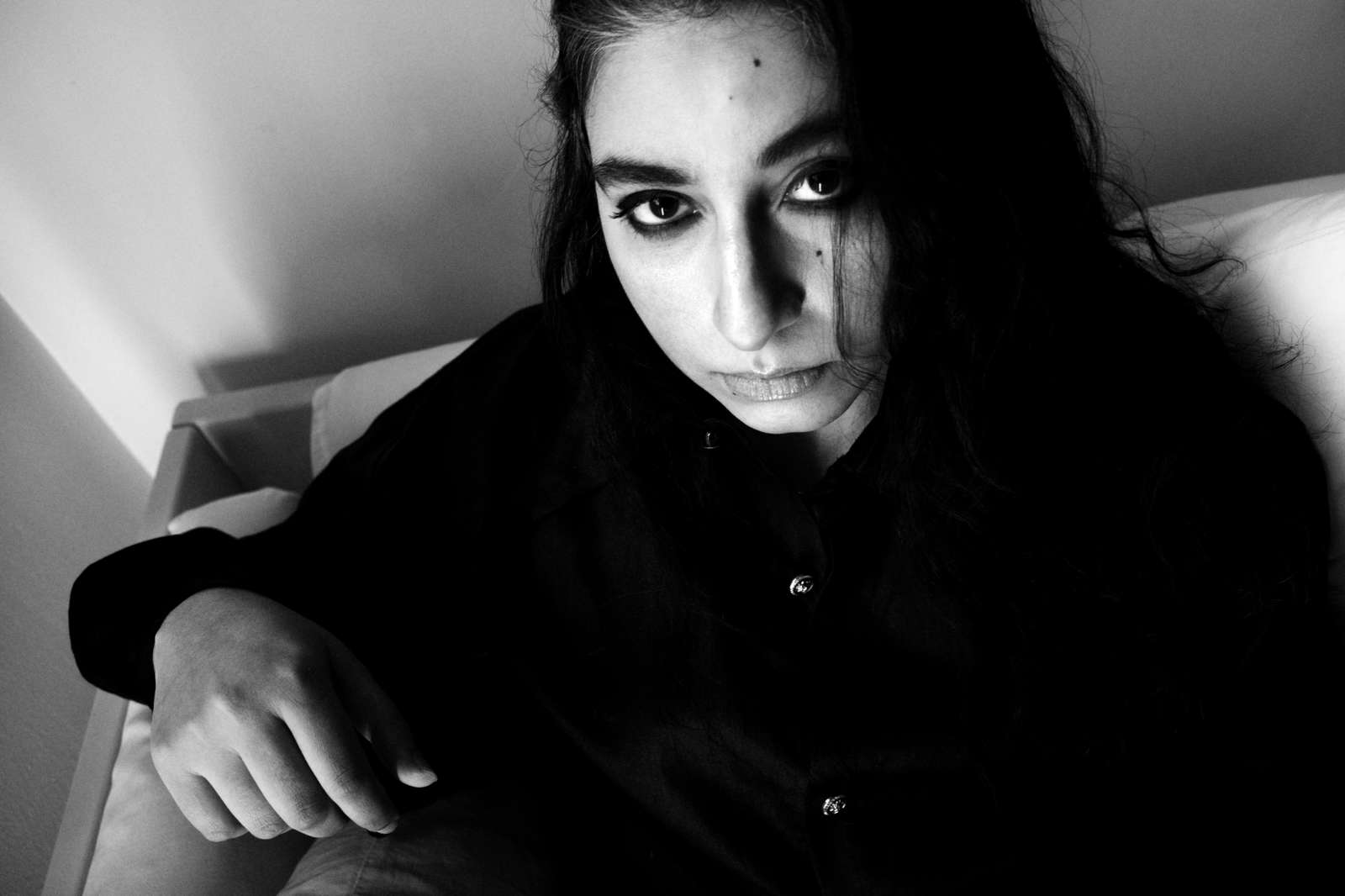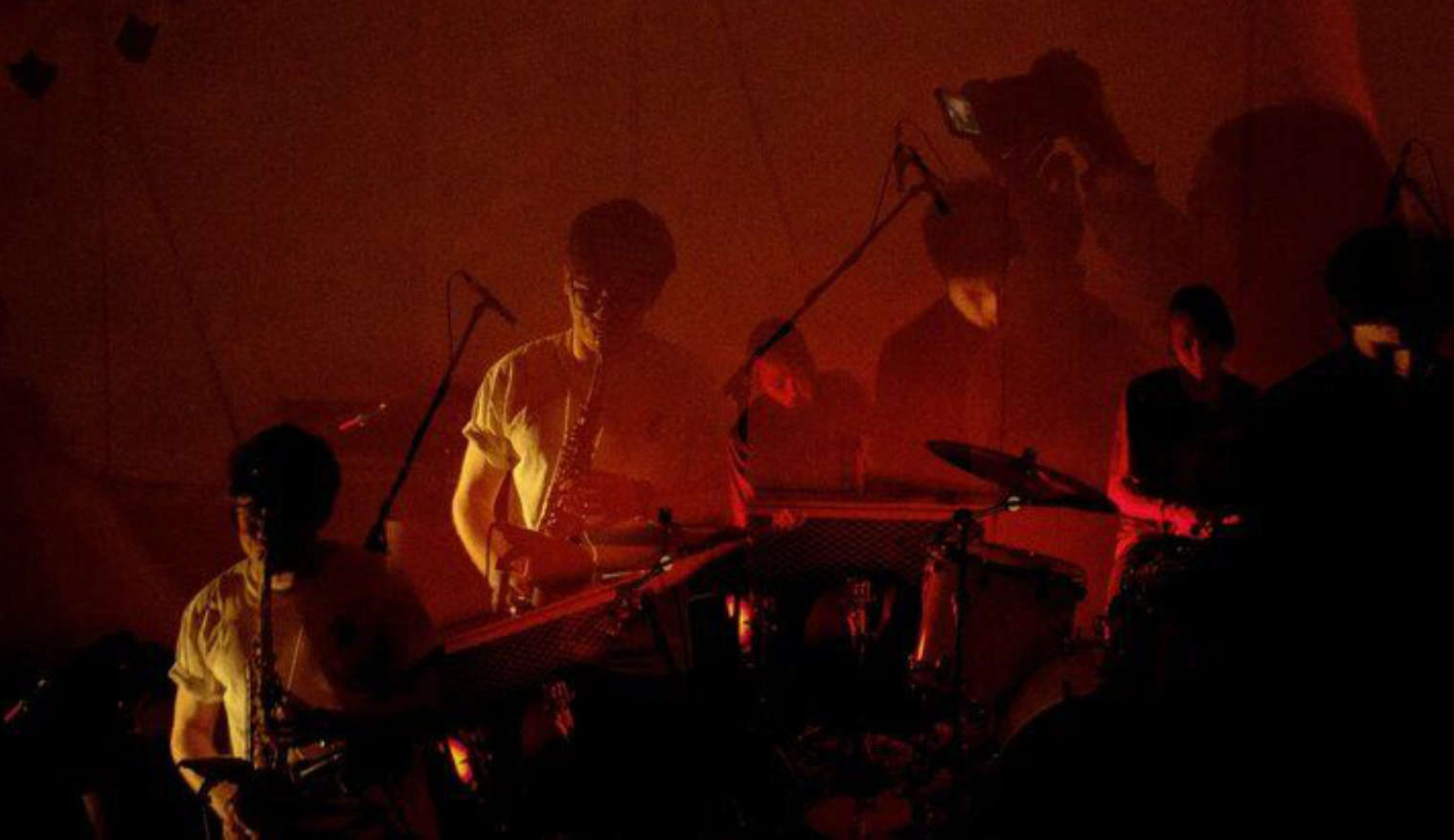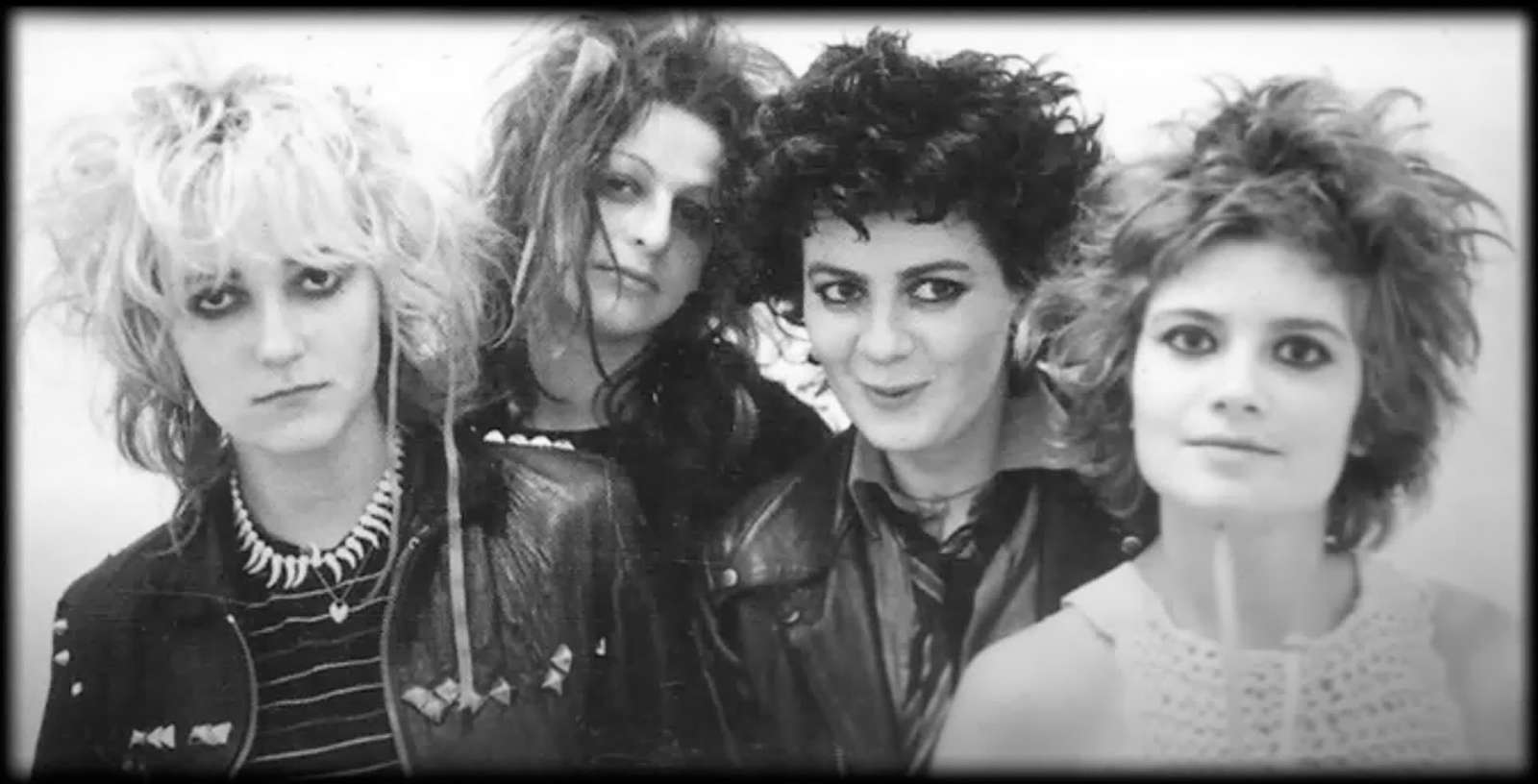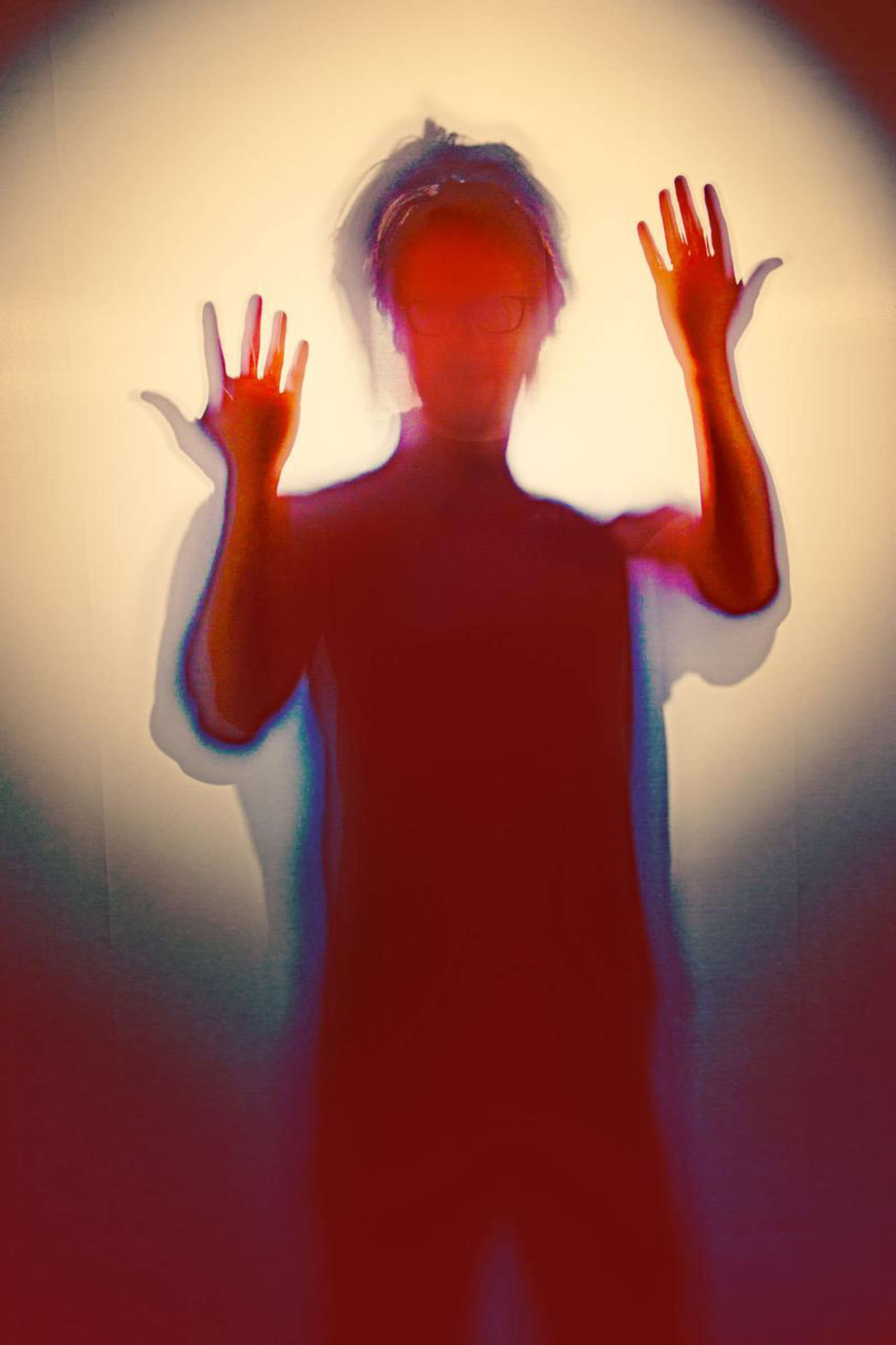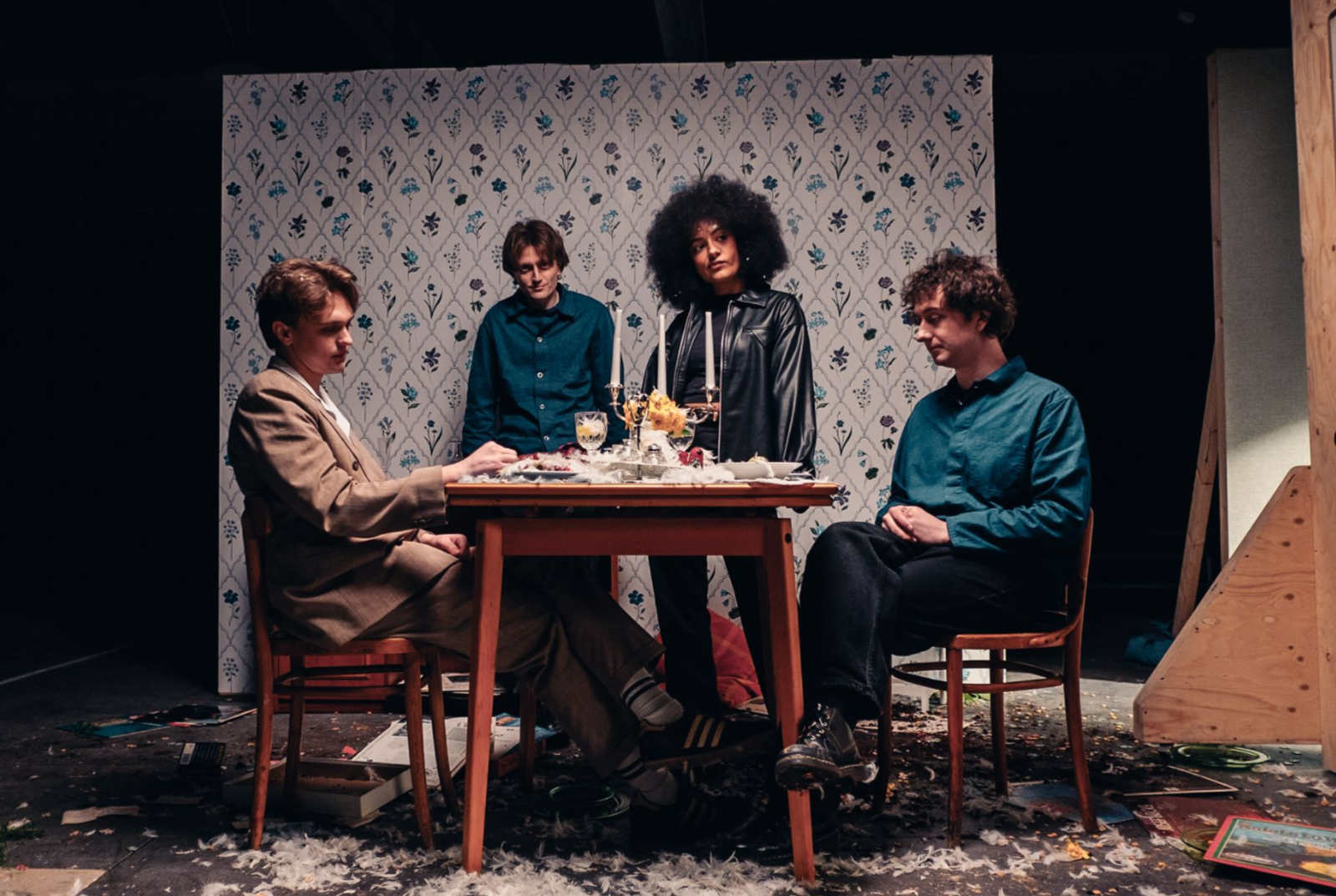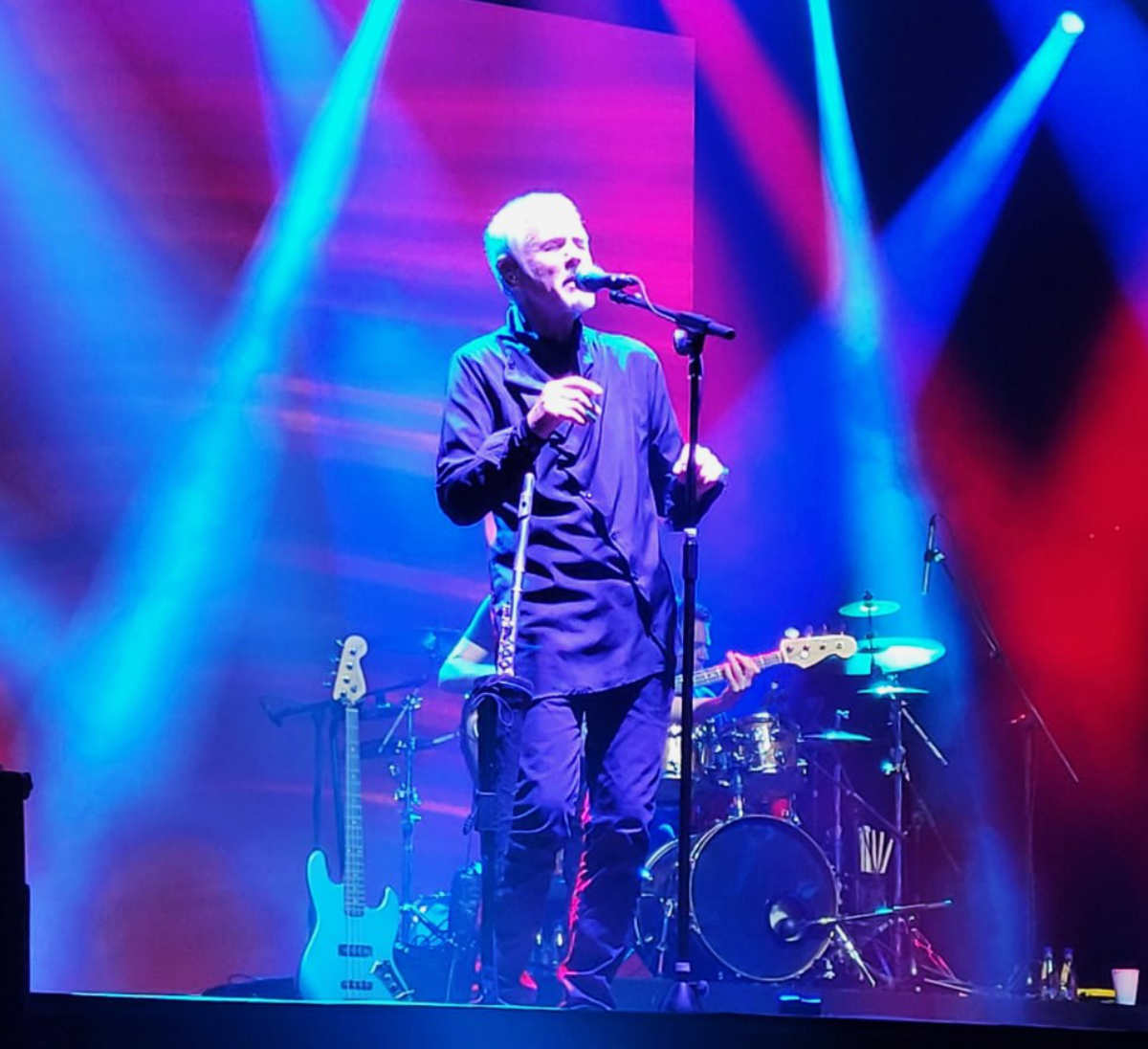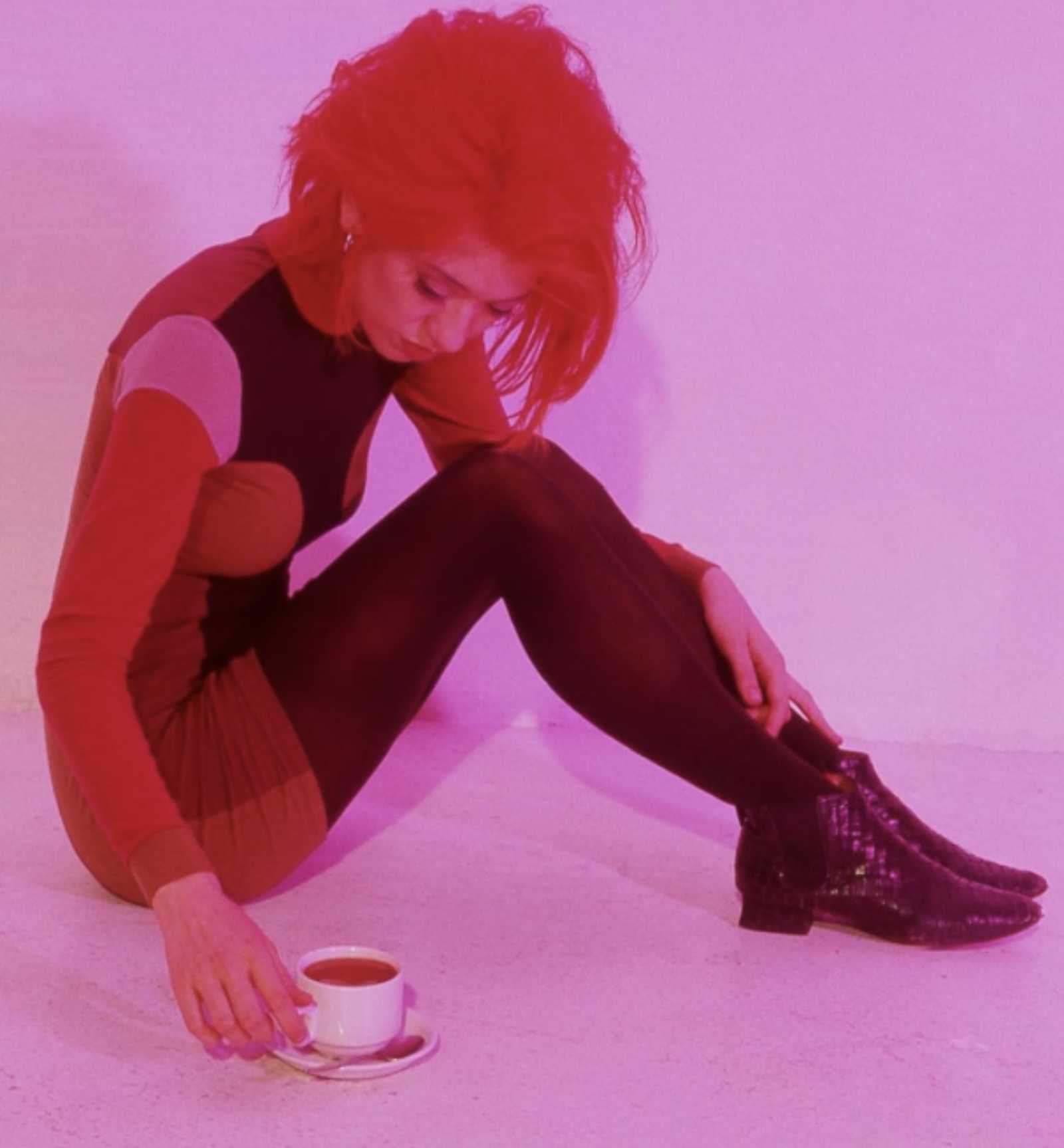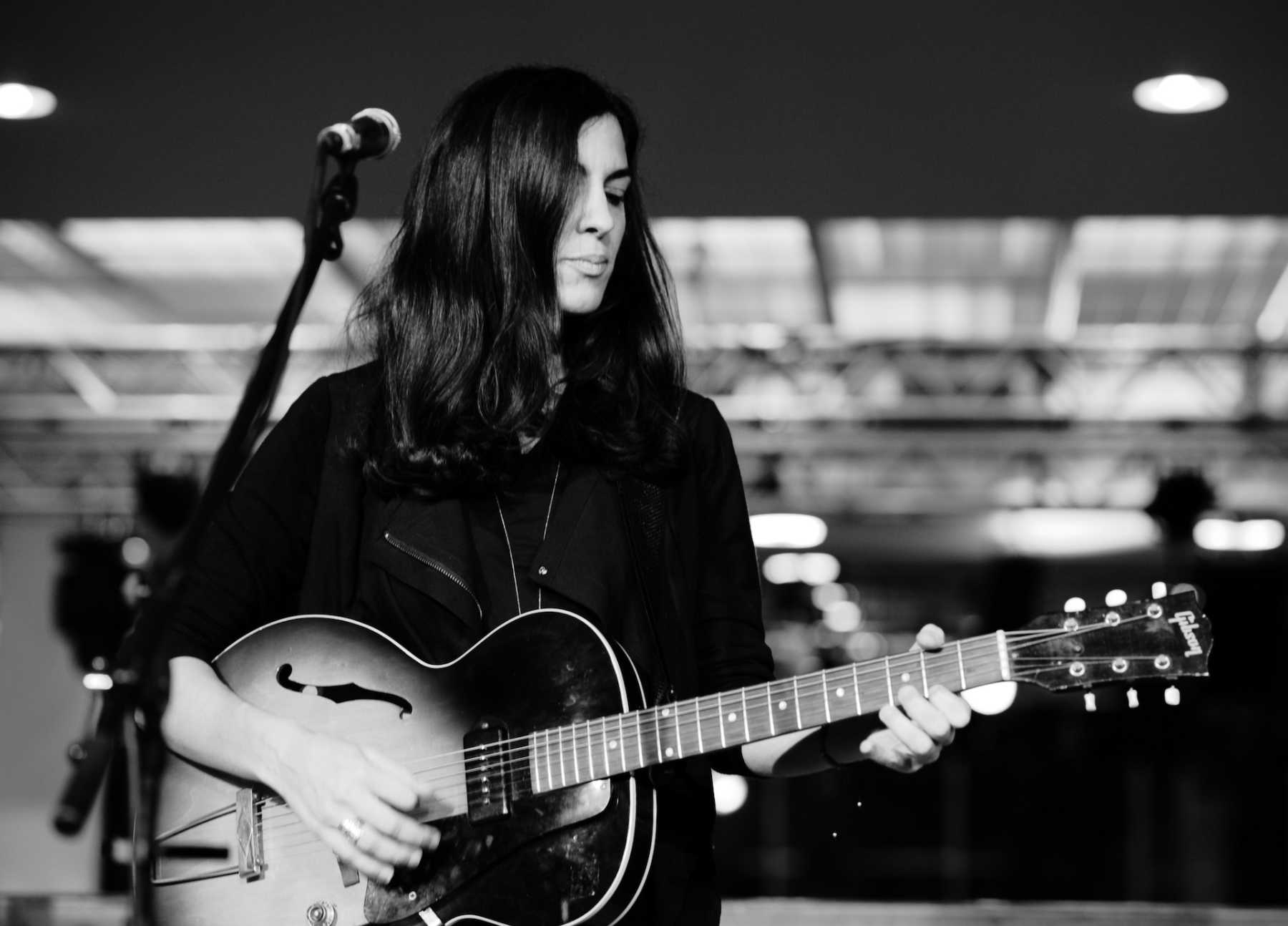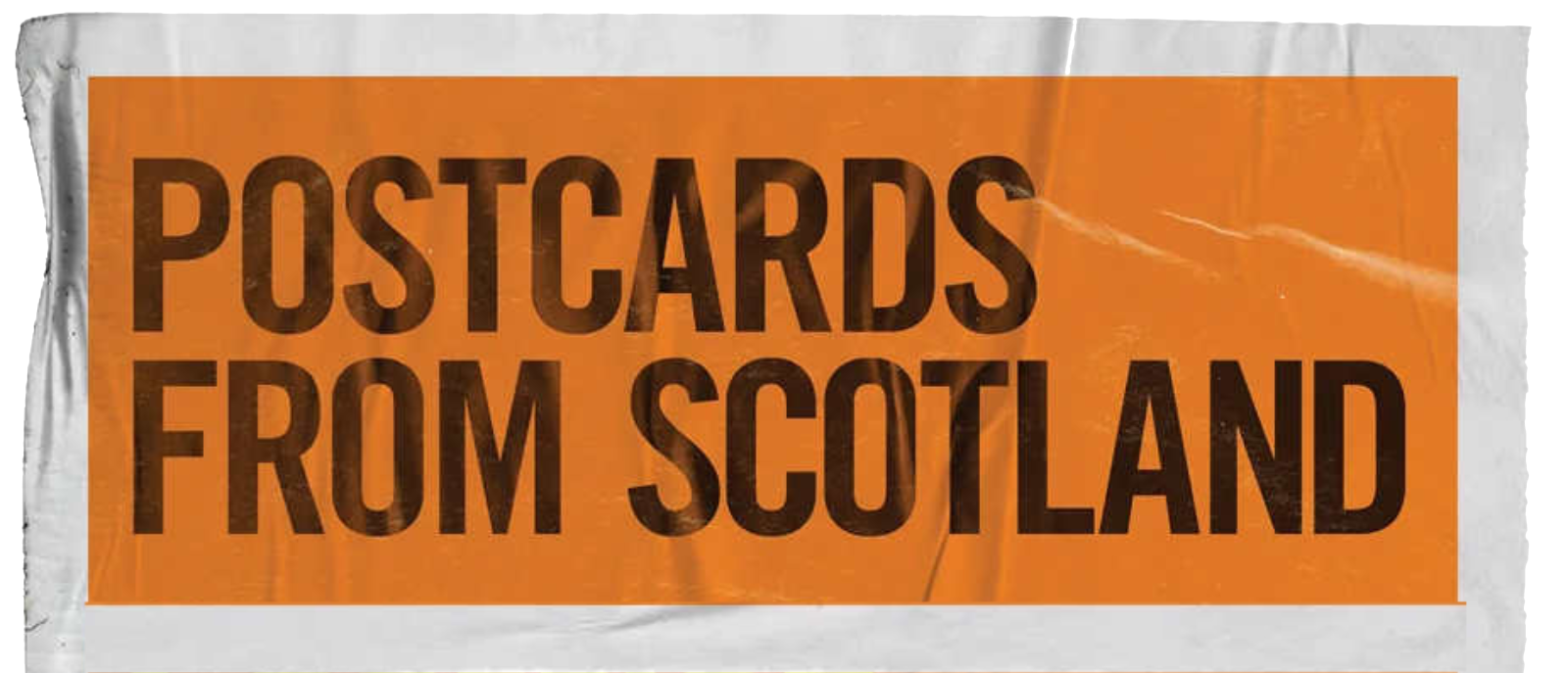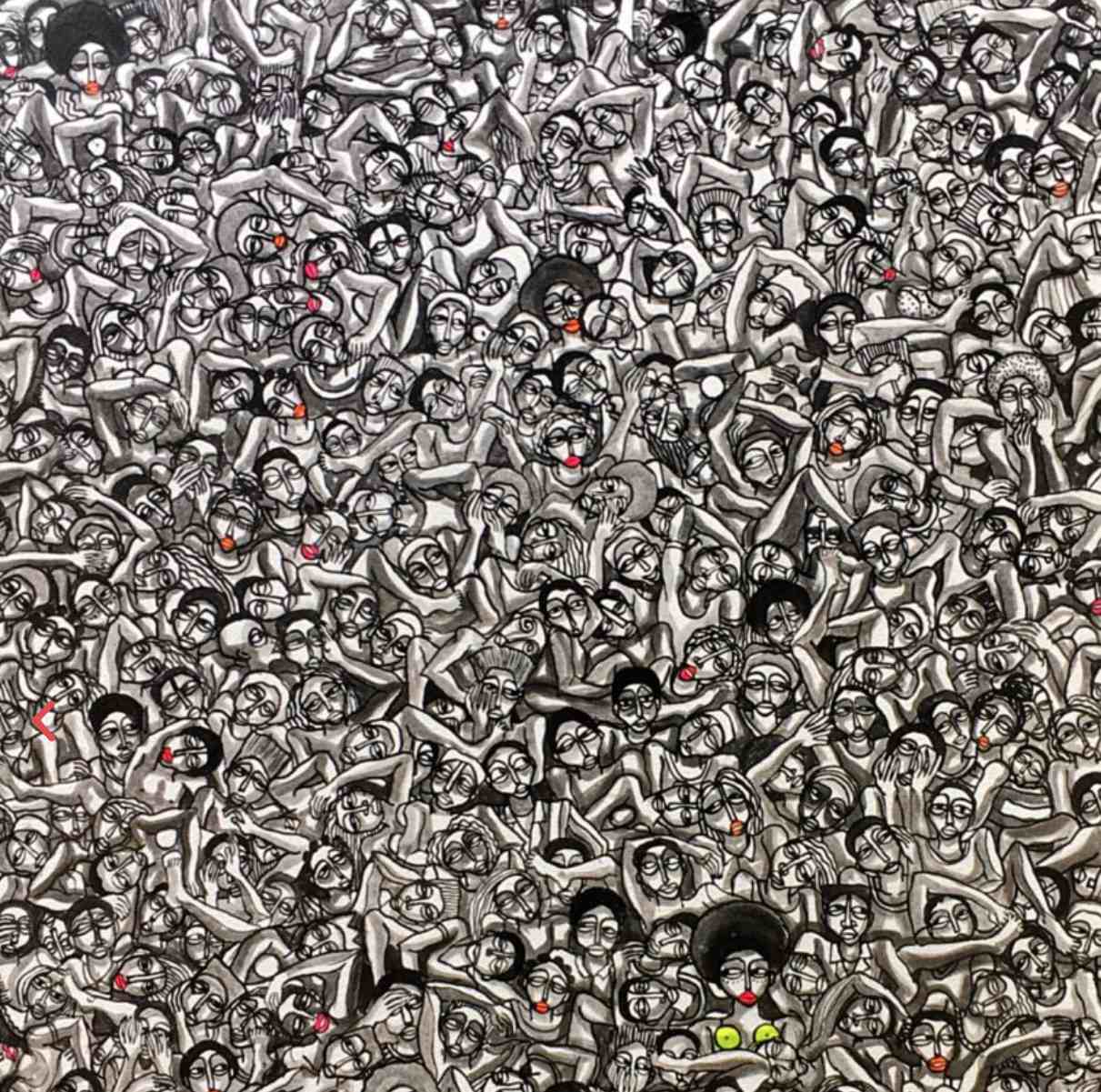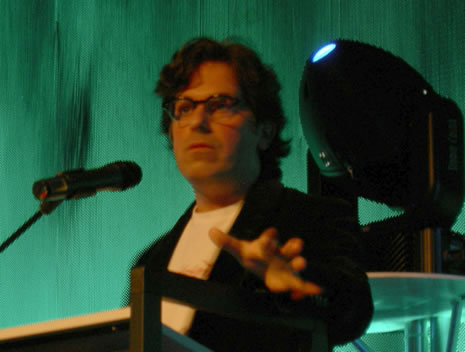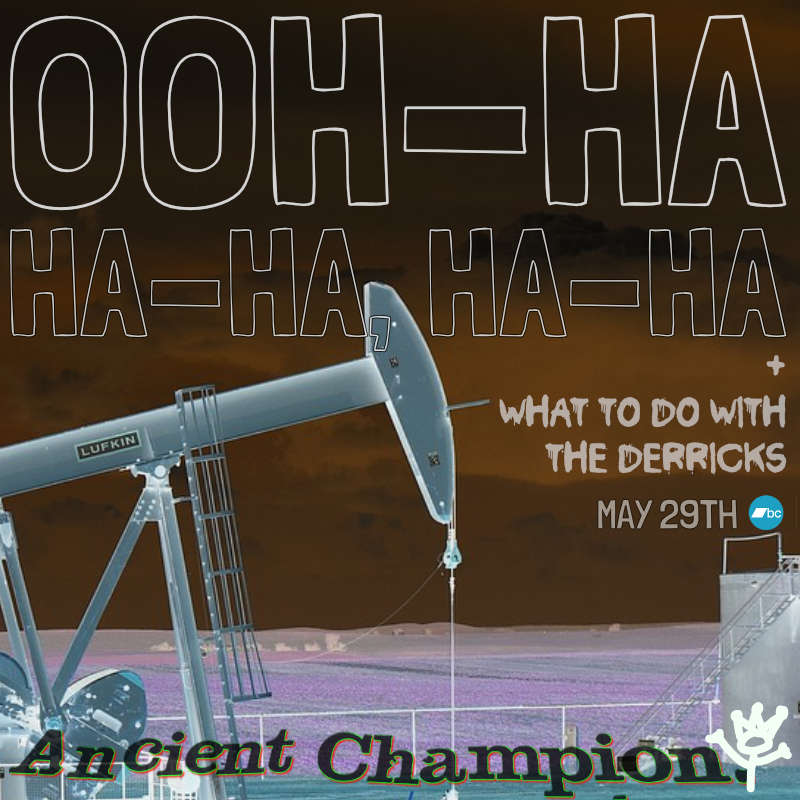Read Part One of Beyond Purple here
But Steve had found his goal. From the first moment he saw it, he dedicated his life to seeking out the Blue Light. It was one thing to experience it second-hand, he wanted to taste it 'for real'. He had it all planned. He was already a fairly accomplished classically-trained pianist. It would surely be easy to translate Bach to the Beatles, Sibelius to the Sex Pistols, Mozart to Motorhead. He would also learn to play the guitar. He would become so good that 'little' Richie would come to him and beg him not to play. He would be the main man in the biggest band ever and every gig, he and his innumerable fans would bask in the Light.
Well, that was the theory.
In practice, he never did manage to become a brilliant guitarist, so 'big' Blackmore never begged him to do anything. Rock'n'Roll is not classical music. It is a law onto itself, and does not give up its secrets easily. A riff can be easy enough to understand or write down as notes, but swinging that staff just right is an entirely different question. The closest he came to being in the biggest band ever was with a group he formed, the Elephant Boys. They had built up a decent local following and had a minor hit with 'Trunk Call'. But the band split up when they discovered that they were being ripped off by the label they had signed with. This wasn't much of a loss to him. In the twenty-odd gigs they had played, he had only ever seen the faintest flicker of what he sought. He also realised that he probably did not have what it takes. He never really felt at home on stage, and being in an obscure band meant tons of work for very little reward.
It was about then that his dream took him onto a new path. He loved going to see as many bands as he could, and he soon realised that he was good at spotting the ones who had a chance of getting somewhere. He often saw the bands that he liked moving up the 'star' ladder, while those he did not rate, did not last long and/or never got anywhere. Even if he could not command the Blue Light himself, he had no problem spotting those who could. Using his contacts within the business, he got himself a job with a small record company. He had put his talents at the service of the Blue Light and the rest, as the man says, is history.
He couldn't believe it. He hadn't thought about all of this stuff in years. In fact, it was the very first time that he even realised that two of his biggest early musical influences shared the name Richie. But that song...hat song of Sadie's! Something about it reminded him of his own childhood. He remembered how important his dreams had been to him then. He could now see how his dreams had shaped his whole life, how they had been so much purer than his adult ambitions, wrought from compromise, turned out to be. It wasn't that he was unhappy about his life and achievements, but he saw now how he had not fully lived up to his dreams. He worked in an office, not on stage. Perhaps he should have persisted in his efforts to become a 'star'. Yet his work was his passion and, despite shortfalls, born of his dreams. Is it that children dream bigger dreams than the adults they become are able to achieve?
He could see himself in that little girl. Where he had seen the Blue Light, she saw diamonds. Through her, he reopened a part of himself which he should probably never have closed. He was now remembering some of the most important moments of his existence. It gave him better perspective of who he was now and a reminder of who he had been when his dreampower was at its peak.
When he tried to work out how Sadie had achieved this he was simply flummoxed. If he were to write a critique of the song it would probably go something like this:
"This song is light, happy and uplifting. The story is simple, but told in a way that instantly creates those mental images which are the hallmark of great songs. The twist at the end is brilliant. All along, the song leads you to believe that the little girl has been promised some or other piece of diamond jewellery. In fact, the object of her desires is a simple pair of ballet shoes. The diamonds are merely a part of the girl's dreams, which go along with her ambitions to become a prima ballerina. Isn't this the stuff that little girls' dreams are made of?
Sadie's playing has a definite style of its own. It is complicated, intellectual even, but never outclasses itself. For all its musical qualities - some of which, I must say, escape me - it flows so naturally that it would intimidate nobody. The music is used in a way that defines and underlines the lyrics, while telling a story of its own. The tune is catchy, but not the sort of catch that wears out quickly. It is catchy in the same way that 'Stairway to Heaven' might be said to be...nstantly recognisable, impossible not to sing along to, yet a song that can be listened to and loved a thousand times, each time like the first.
Sadie's voice is pitch-perfect when she wants it to be. But she can also slide it beautifully to emphasise one or other of the many emotions it portrays. Her singing is clear, light, deep with feeling, painting the girl's sense of urgency in a way that makes your heart race, then bringing sweet relief whenever it becomes necessary. One word mysteriously smiles, while another secretly scowls. Her indefinable accent - 'pretty' pronounced 'purrrdy' - is hauntingly unforgettable. Her voice has everything."
But even if such a critique on his behalf would have guaranteed a recording contract, it still fell a long way short of the full story. He had a secret device which he never mentioned in his reports. He called it 'Bluelightability'. This was his own unique personal tool for judging singers and bands. It was the thing that had ensured his success. If a band did not pass the 'Bluelight test', he would never have them signed. If they did well in it, they had the basic qualifications for stardom. It had never failed him.
Whenever he could, he performed the test as an act played live. This time, however, he closed his eyes and imagined that he was Sadie on stage in a theatre. He brought back to mind the song he had heard only once. He played. It did not take long for the Blue Light to come on. As he made his way through the half-remembered song, the Light became brighter and brighter. Before he reached the end, he was already at the magical fusion point and the Light continued to intensify. The song had not yet finished when he found himself forced to open his eyes, to make a hasty retreat to reality. He shook his head in disbelief. He could not have imagined it possible. It was overpowering. As a professional, he had never worked with an artist who brought him to the heights that bands like Deep Purple had, all those years ago in his bedroom. But now, for the first time ever, he realised that there existed a further state past the magical fusion point.
Sadie had taken him beyond the Blue Light.
